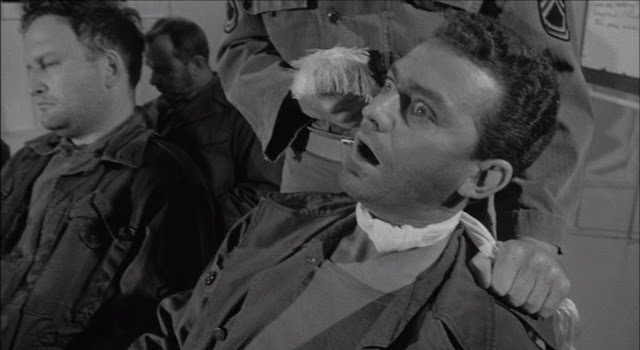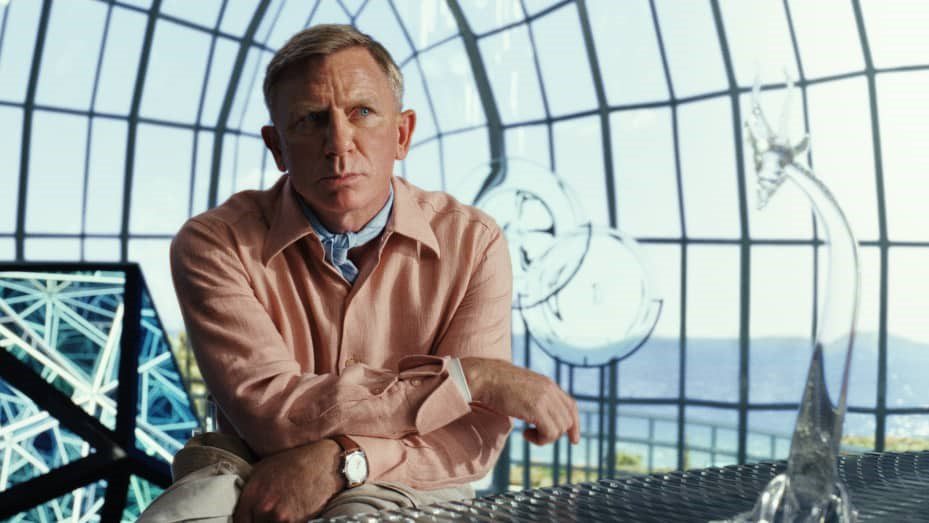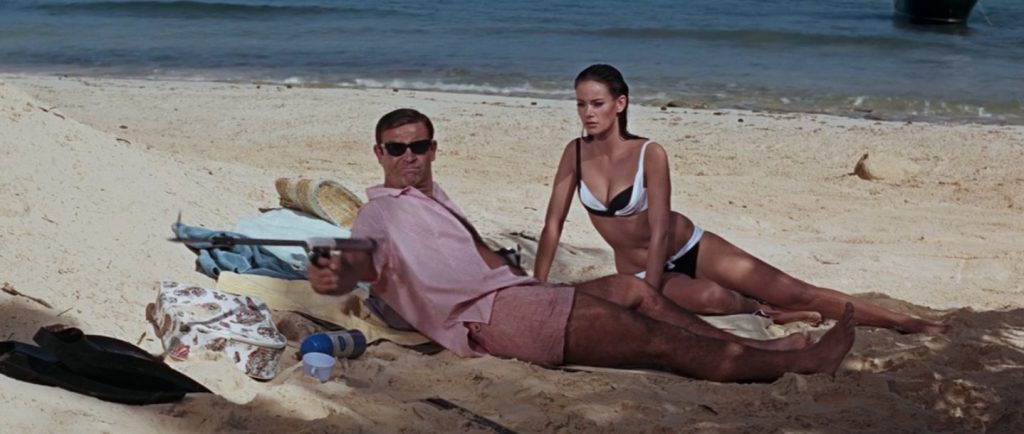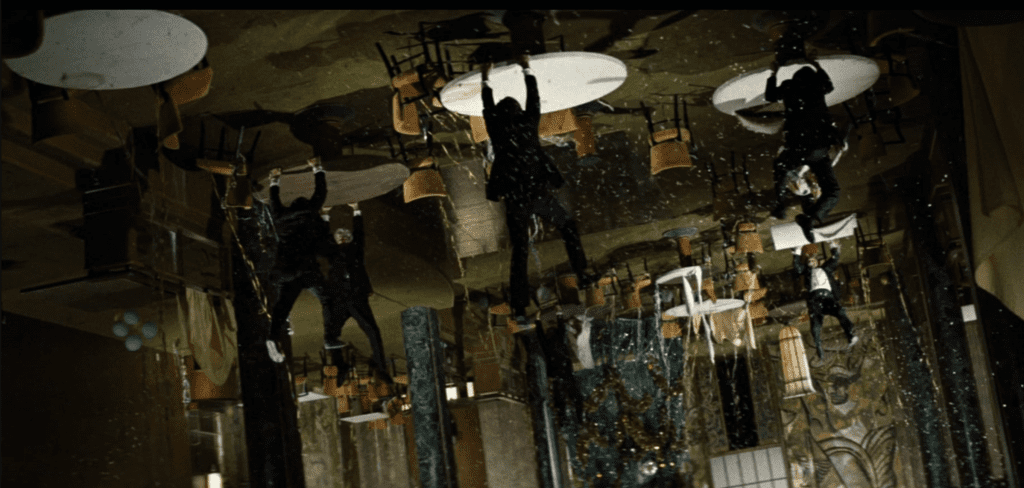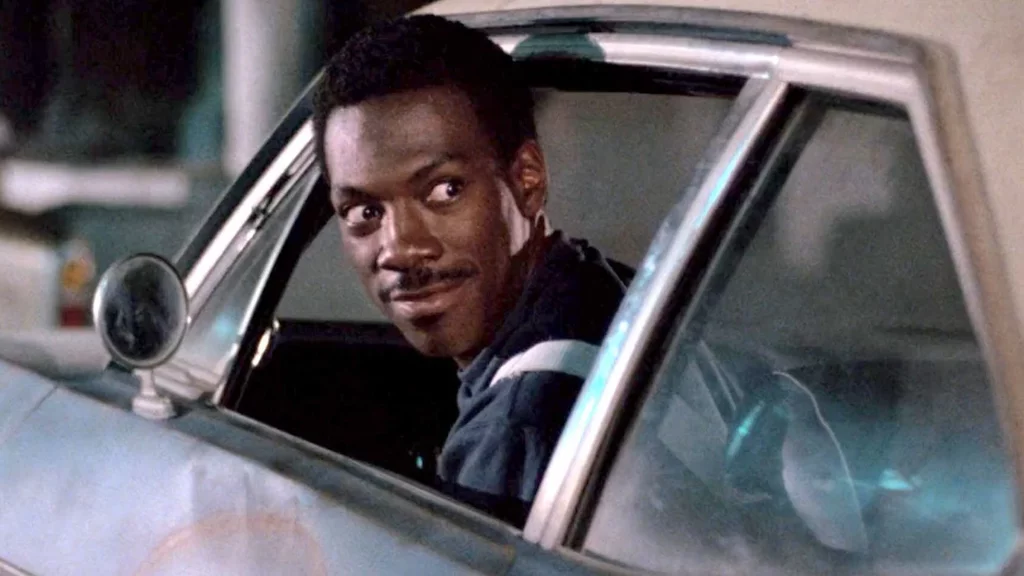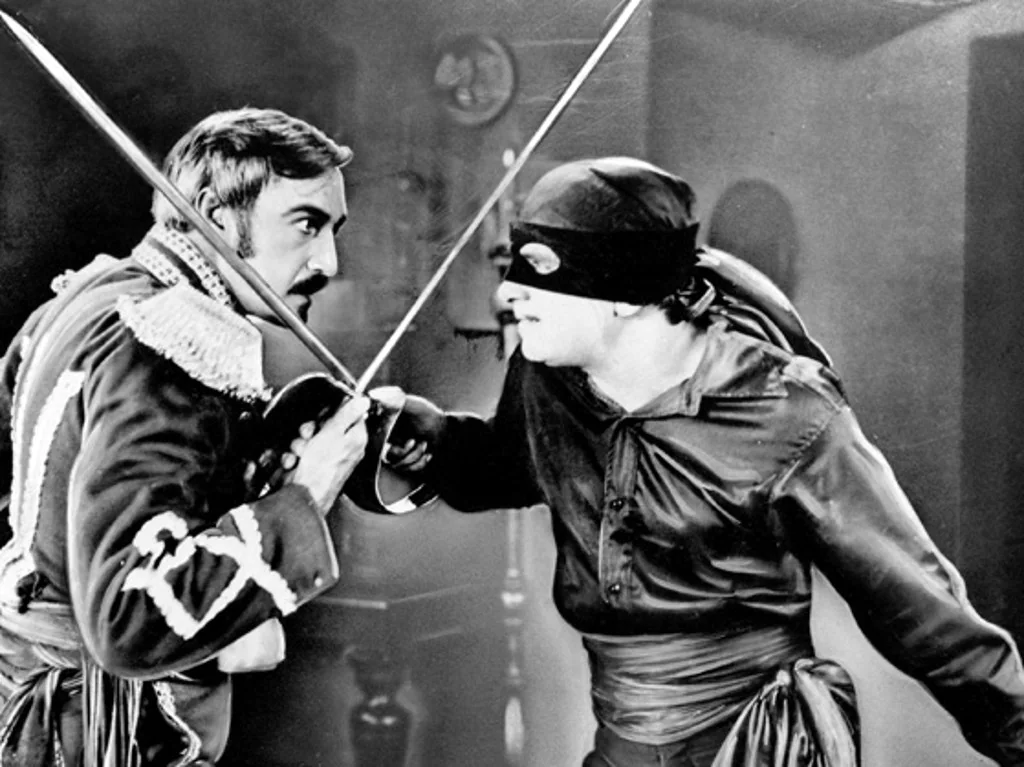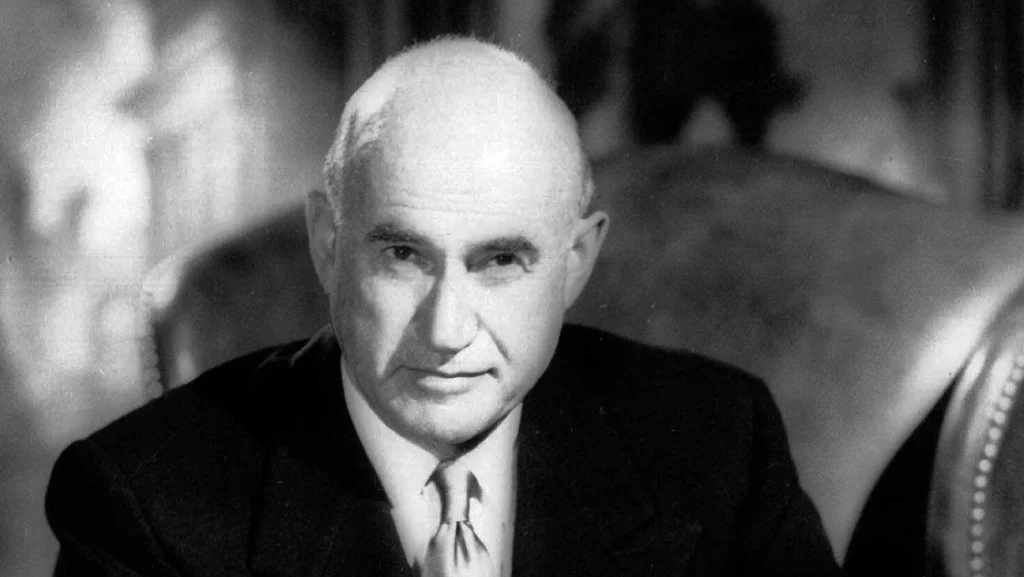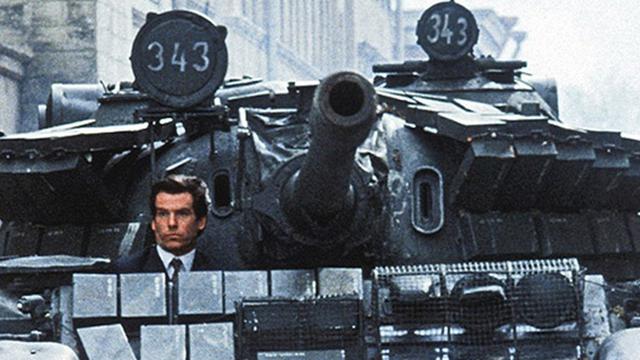Today’s thrillers are horror films, but 60 years ago they were an entirely different genre driven by dark storylines that kept moviegoers on the edge of their seats with plot twists no one saw coming.
THE MANCHURIAN CANDIDATE defined the thriller genre when it opened on Oct. 24, 1962, at the height of U.S.–Soviet hostilities during the Cuban Missile Crisis. The psychological political thriller from United Artists, starring Frank Sinatra, Laurence Harvey & Angela Lansbury, was directed by John Frankenheimer, whose next movie was the political thriller SEVEN DAYS IN MAY.
MANCHURIAN’s screenplay by George Axelrod, based on Richard Condon’s 1959 novel, centers on Korean War veteran Raymond Shaw (Harvey), who’s from a prominent political family and was brainwashed after Korean troops captured his Army platoon. Returning now to civilian life, he becomes an unwitting assassin in an international communist conspiracy to kill an American presidential nominee in a plot to overthrow the U.S. government.
This was an incendiary storyline at the time and UA chairman Arthur Krim, who also was Finance Chairman of the Democratic Party, felt it would be irresponsible to film it. Sinatra went directly to his friend President Kennedy, for whose 1960 campaign he’d raised $2M. When Kennedy said he loved the book and had no objections to it being filmed, Krim gave the project a green light.
Kennedy asked who was going to play the key role of Shaw’s mother, but no decision had been made yet. Sinatra wanted Lucille Ball, but Frankenheimer preferred Lansbury, with whom he’d just made ALL FALL DOWN. Fortunately, Frankenheimer prevailed. Lansbury was perfect casting with a supporting actress Oscar nomination in her future. Obituaries for Lansbury, who died earlier this month, cited MANCHURIAN as one of the films for which she’s best remembered. They also noted that at the time she was only three years older than Harvey, who was playing her son. Some obits also recalled that Ball wound up starring in 1974’s MAME in the title role that Lansbury had originated on Broadway in 1966.
MANCHURIAN was produced for $2.2M, but $1M was Sinatra’s salary and $200,000 went to Harvey — leaving only $1M for everything else. Frankenheimer managed to shoot it in a fast 39 days. Because Sinatra felt his best acting was always in taking one, most of Sinatra’s scenes are first takes. His limited availability meant that all his scenes had to be shot in just 15 days.
Sinatra insisted on seeing all his footage before he left the set — including the film’s multi-perspective brainwashing sequence. To accommodate him, film editor Ferris Webster went through the shooting script to establish all the cuts needed for that elaborate scene. Webster, who later was Oscar-nominated, assembled the footage for Sinatra to see — and it went into the final cut unchanged.

